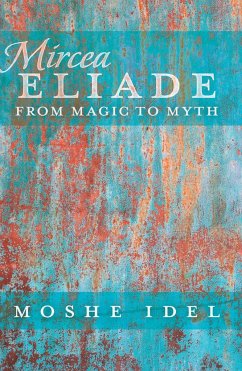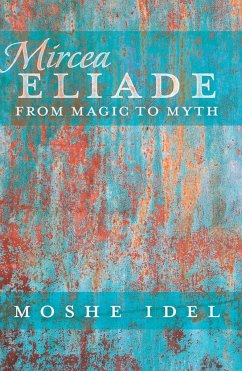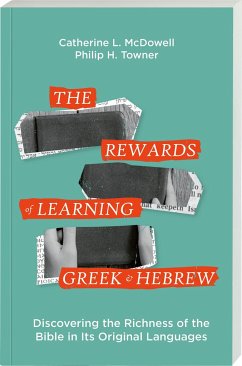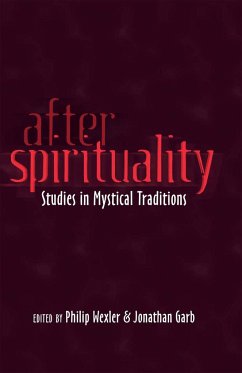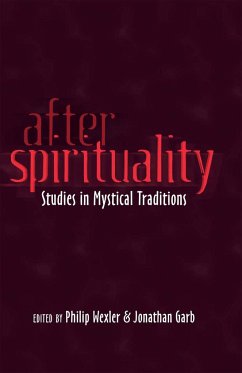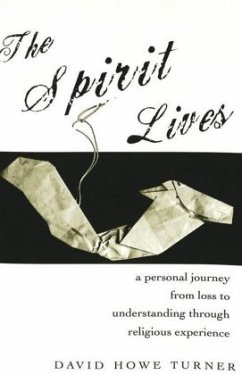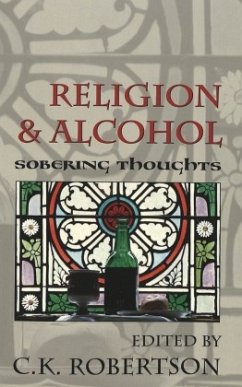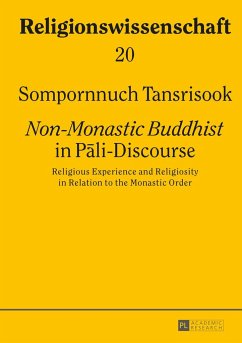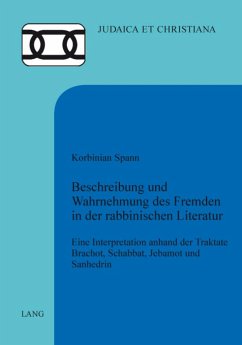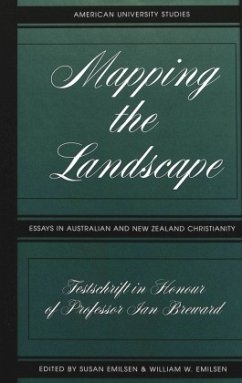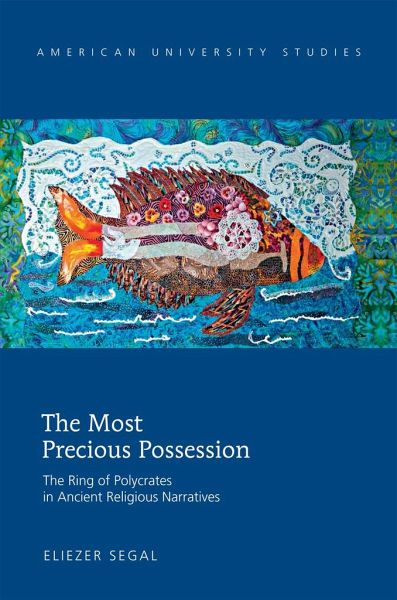
The Most Precious Possession
The Ring of Polycrates in Ancient Religious Narratives
Versandkostenfrei!
Versandfertig in 6-10 Tagen
89,95 €
inkl. MwSt.
Weitere Ausgaben:

PAYBACK Punkte
0 °P sammeln!
Finding a precious object - a gem, a ring or a coin - inside the belly of a fish is a favorite motif in western literatures that can be traced back to the Greek historian Herodotus. In Herodotus' account of the rise and fall of the tyrant Polycrates of Samos, the hero cast his beloved ring, his «most precious possession», into the sea in order to appease or fend off the gods' envy of his unstoppable successes, but was ultimately disappointed to discover that same ring inside a serving of fish that was placed before him to eat, thereby signaling the beginning of his tragic downfall. The Most ...
Finding a precious object - a gem, a ring or a coin - inside the belly of a fish is a favorite motif in western literatures that can be traced back to the Greek historian Herodotus. In Herodotus' account of the rise and fall of the tyrant Polycrates of Samos, the hero cast his beloved ring, his «most precious possession», into the sea in order to appease or fend off the gods' envy of his unstoppable successes, but was ultimately disappointed to discover that same ring inside a serving of fish that was placed before him to eat, thereby signaling the beginning of his tragic downfall. The Most Precious Possession: The Ring of Polycrates in Ancient Religious Narratives examines variations on this motif as they appear in ancient religious texts, including the Gospel of Matthew, Jewish Midrash and Talmud, and Augustine's City of God. It explores how the theme functions in relation to the authors' respective religious outlooks and literary objectives and what we can learn from these examples about the processes of transmission, interaction and cultural adaptation that occurred among the diverse religious communities of the ancient Mediterranean basin.





